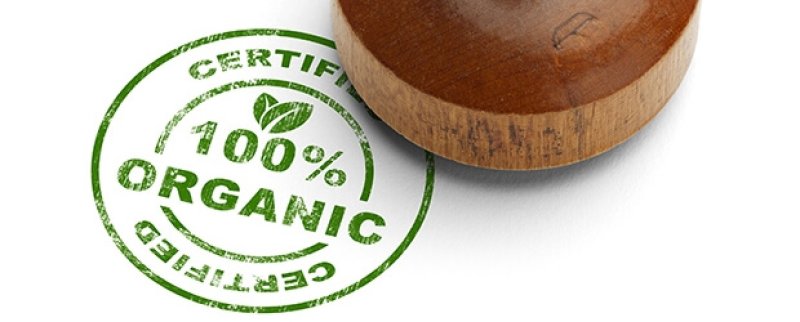A $71 million fraud case in South Dakota is the latest blow to the organic supply chain.
Federal prosecutors in February accused Kent Duane Anderson, a Rapid City, S.D., businessman, with passing off conventional grain and seed as organic for more than five years.
…
Prosecutors said Anderson bought nonorganic grain and seed from Cargill and Archer Daniels Midland, shipped it to a storage facility just east of Bismarck, N.D., labeled it as organic, and sold it to organic customers.
He turned a profit of about $25 million on the fake organic sales between 2012 and 2017. The website for one of Anderson’s companies, Green Leaf Resources, said it offers “both natural and certified organic flax and canola” seeds, meal and oils.
Growing truly organic grain is arduous. Most synthetic pesticides and herbicides are forbidden, so farmers must alter the ways they fight weeds and bugs and they must rotate crops more often. For those reasons, organic grain and seed sell for significantly higher prices than conventional grain and seed.
…
“$71 million is not an insignificant amount of money, and it really taints the market,” said Ryan Koory, director of economics for Mercaris, an organic market data and trading company.































